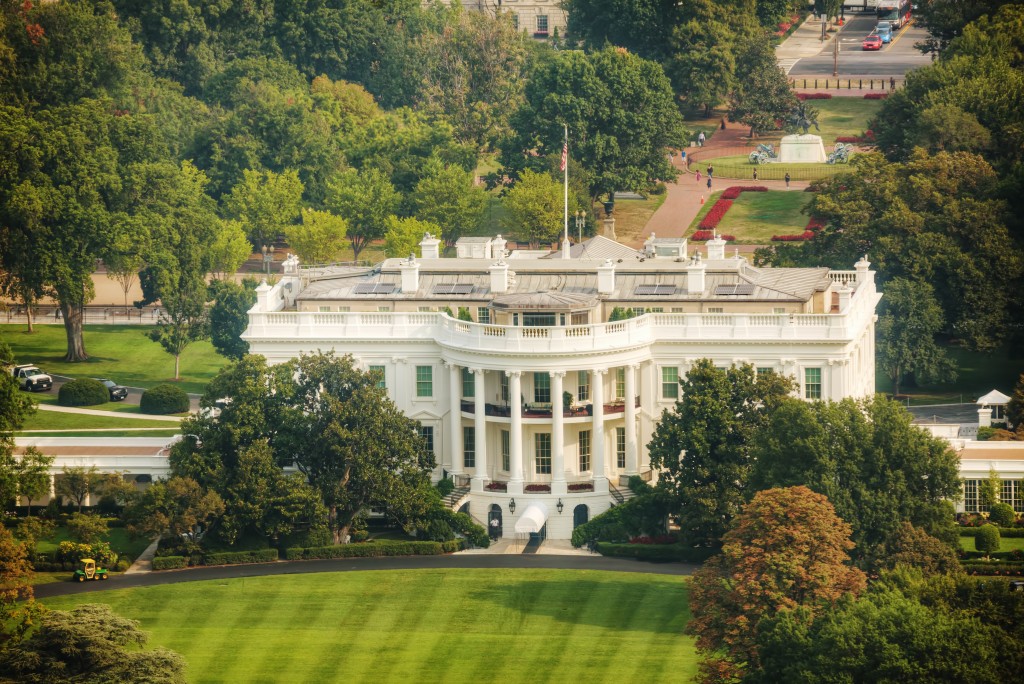
The Obama Administration’s Legacy for Institutional Religious Freedom
Stanley Carlson-Thies, January 19, 2017
In his Chicago farewell address on January 10, 2017, just as he had in his noted speech about religion and politics at a Sojourners conference in 2006, President Barack Obama recalled that when he had first come to the Windy City as a young man, he had worked with church groups and through that work “witnessed the power of faith” in giving hope, changing lives, and reviving neighborhoods. As President, Obama showed that he values the important work of faith-based organizations at home and abroad, and yet his administration also adopted policies that undermined those same organizations.
On the positive side, most strikingly, President Obama maintained the faith-based initiative, a federal initiative dating back to the Charitable Choice provision signed into law by President Bill Clinton, and designed to ensure that religious organizations can participate in delivering social services without sacrificing their religious identities. The initiative was expanded by President George W. Bush, who created a special White House faith-based office and related faith-based centers in major federal departments. Bush extended the Charitable Choice principles to all federal social-service spending via an Executive Order and the promulgation of Equal Treatment regulations.
President Obama, despite much liberal and Democratic criticism of the Bush initiative, chose to consolidate it, issuing his own Executive Order that changed only slightly the Bush principles, and which resulted last April in a modified set of Equal Treatment regulations. He created a new Advisory Council on Faith-Based and Neighborhood Partnerships so that religious and secular community leaders could directly contribute their insights about public policy to the White House. His administration developed work-arounds so that faith-based organizations unable to provide some services authorized by government might still partner with the government to provide other services. And, notably, despite extensive criticisms from his side of the aisle, President Obama maintained federal policies that enable religious organizations to only hire staff committed to their religious mission and values.
And yet the Obama administration simultaneously undermined faith-based organizations. While formally respecting their religious freedom, the administration adopted a variety of anti-discirmination policies that encroach on that same freedom. Most prominent of such policies is the HHS contraceptives mandate, which requires employers to cover contraceptives, including abortifacients, in their health plans. The administration agreed to exempt churches, and has been required by the US Supreme Court’s Hobby Lobby ruling to exempt certain small businesses that object to such coverage, but notwithstanding many adverse court decisions, it has strongly resisted exempting religious nonprofits from a requirement that many regard as in direct conflict with their religious convictions.
Medical practitioners and some states had to sue to win a stay of a recent administration requirement that health entities and health plans are legally required to support elective abortions and transgender procedures even if these violate their deeply held religious convictions. Despite its general support for religious hiring, the administration created grave difficulties for religious organizations that contract with the federal government by creating new LGBT job protections without adequate religious protections. And the Department of Education has created webpages seemingly designed to expose to adverse publicity religious colleges and universities that, as the Title IX law expressly provides, seek an exemption so that they can maintain campus policies in conformity with their religious beliefs.
As the United States becomes ever more diverse in religious and secular conviction and in beliefs and conduct concerning marriage and human sexuality, it is more and more challenging for the government to protect the rights and freedoms of all. The faith-based initiative is a vital way to do this, ensuring that diverse faith-based organizations can join secular organizations to partner with government in service of the needy. But the next administration will need to adopt a different understanding of discrimination and how best to curtail it if the rights of many religious organizations and people in our diverse nation are not to be undermined.
